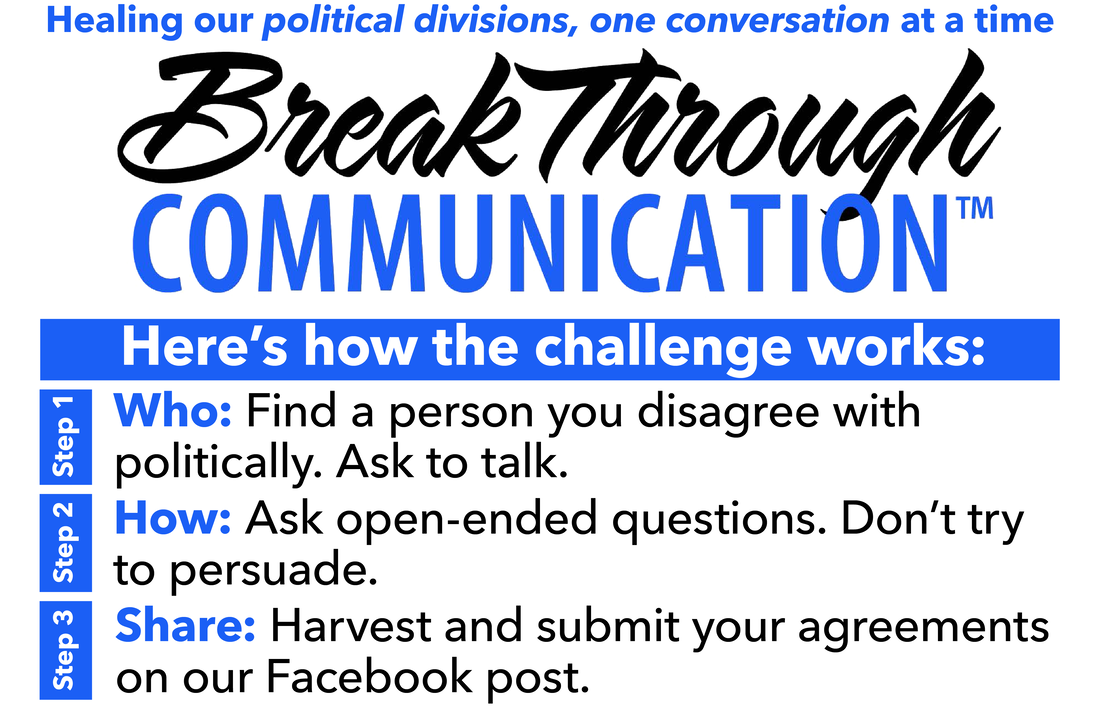 Agreeing with someone is easier than confronting them, and it feels good to be “on the same page.” But conflict-free work environments are virtually non-existent. Disagreement is not only inevitable, but also a normal, healthy part of relating to others. Disagreements in the workplace have the potential to lead to better work outcomes, opportunities to learn, higher job satisfaction, and even improved relationships born of working through conflicts. Writing in the Harvard Business Review, Amy Gallo, an HBR contributing editor and author of the HBR Guide to Dealing with Conflict at Work, offers advice for those who are reluctant to disagree:
work—and what was the result? To join the conversation, click "comments" above.
0 Comments
 Anyone who says they have the answer to every important question is either clueless or lying. So says John Hagel III, founder of Silicon Valley’s Center for the Edge and author of The Journey Beyond Fear. Writing in the Harvard Business Review, Hagel says, “leaders should ask powerful and inspiring questions, convey that they don’t have the answers, and solicit others’ help to find them.” “The kind of questions leaders need to ask,” he adds, “are those that invite people to come together to explore major new opportunities that your organization hasn’t identified yet.” For example: “What is a game-changing opportunity?” or “What are emerging, unmet needs of our customers?” or “How can we customize our services to the specific needs of each client?” Focusing on big opportunities is wise because:
“Leaders who ask powerful questions,” concludes Hagel, “have the greatest success in both seizing new opportunities and addressing unexpected challenges —and they build cultures that will carry these benefits into the future.” What questions have you asked that have made a difference in your organization? To join the conversation, click "comments" above.  As Valentine’s Day approaches, consider giving your loved ones these gifts—each with more staying power than flowers, cards, or chocolates:
As marriage and business partners for over 40 years, we can attest that while confronting issues is never easy, avoidance is worse. And we still endorse chocolate too: It’s good for your heart! We want to hear: What communication behaviors would you like to change in your relationships this year, and what steps are you taking to do so? To join the conversation, click "comments" above. Join our national challenge to chisel away at the political divide that vilifies opposing viewpoints and imperils our country. Starts today, Feb. 2 and ends Feb. 12. Reach out to someone on the "other side" with courage, curiosity, and intention. We'll award a $250 Amazon gift card to our favorite submission.
Step 1: Who Try: "Hey, Taylor, you're one of the people I care about the most, and whose political beliefs I understand the least. Can we talk one day this week, to better understand each other and hopefully find some shared values?" Step 2: How
Try: "What are current issues you're most passionate about? What experiences helped form your opinions on that?” Step 3: Share Try: We agree to:
Harvest and submit agreements in the comments or here. Our favorite submission will receive a $250 Amazon gift card. |
Archives
July 2024
Categories
All
|
|
Glaser & Associates, Inc.
Executive Offices 1740 Craigmont Avenue, Eugene, OR 97405 541-343-7575 | 800-980-0321 [email protected] |
© 2019 Glaser & Associates. All Rights Reserved.



 RSS Feed
RSS Feed